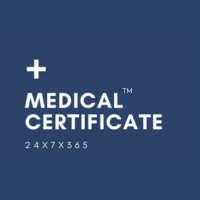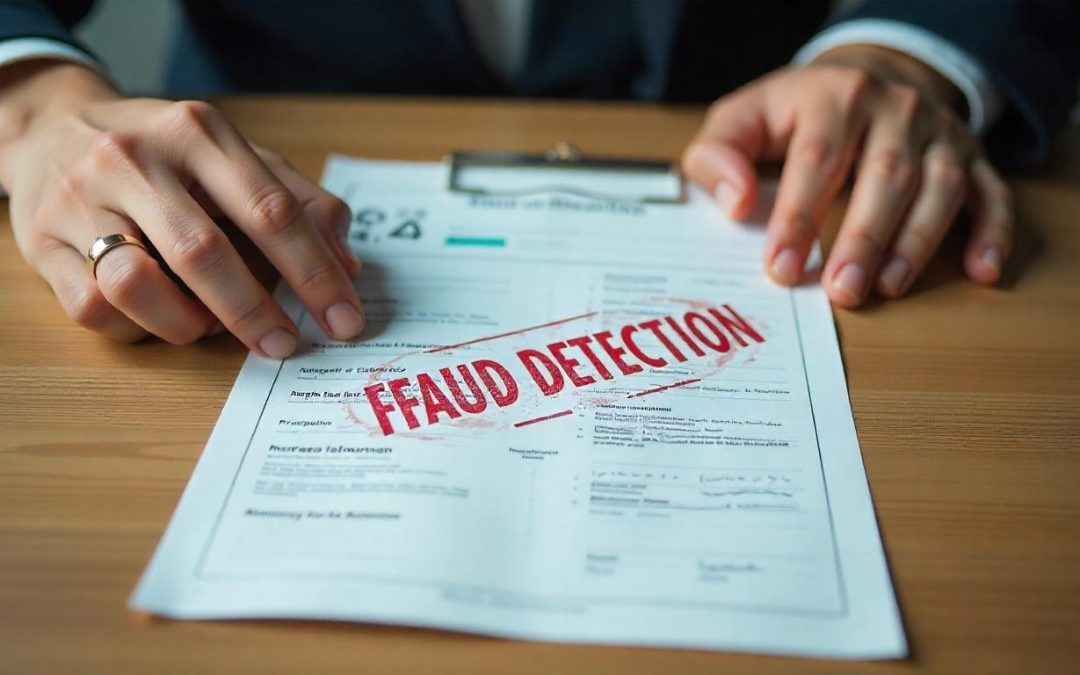Medical certificates are not just pieces of paper; they are official records that certify health situations when it comes to getting time off work, filing an insurance claim, or to ‘meet the letter of the law’. But here’s the issue: forged medical certificates are now much rife, and it is a thorn in the hood for employers, a health care system, insurance firms and beyond.
Oh sure, getting a fake medical certificate can be a temporary solution, but believe me, the consequences are appalling. Legal issues: Ethical dilemmas to include own professional integrity or career, the enterprise and reputation risks.
So, in this article, let us explore further how they (fake and real MCs) are distinct from one another, why originality matters, and how to obtain an actual fake certificate when the situation requires it.
What Is a Medical Certificate?
A medical certificate is a legal document which is signed by a medical doctor or other health care provider. Even when you take a day off from work or decide you can’t do some particular activity, the doctors’ note is the document that certifies you indeed cannot do that because you are very sick or certifies that, indeed, you can do it because you are healthy and fit.
Common Reasons You Might Need a Medical Certificate
Medical certificates aren’t just for calling in sick. They’re used for all sorts of situations, like:
Taking Time Off Work: To explain why you’re out due to illness or injury.
Meeting Legal Requirements: For things like renewing a driver’s license, joining a sports team, or fulfilling travel health requirements.
Insurance Claims: To provide proof for reimbursement or coverage of health-related expenses.
While genuine certificates help establish trust and meet these needs, fake ones can ruin reputations and put safety at risk.
Fake vs. Genuine Medical Certificates: The Key Differences
At first glance, fake medical certificates might seem convincing. But when you look closer, the cracks start to show. Here’s a breakdown:
1. Where They Come From
Genuine Certificates: Issued by licensed doctors or healthcare providers with the proper credentials.
Fake Certificates: Created by unqualified people or fraudulent websites.
2. Legal Recognition
Genuine Certificates: Recognized by employers, insurers, and legal bodies.
Fake Certificates: Have no legal standing and could lead to serious consequences if discovered.
3. Level of Detail
Genuine Certificates: Contain clear details—like your diagnosis, recommended treatment or leave, and the doctor’s registration number.
Fake Certificates: Often missing key information or full of inconsistencies.
4. Verifiability
Genuine Certificates: Can be verified with the issuing doctor or healthcare provider.
Fake Certificates: Won’t hold up during a verification check, exposing the user to potential penalties.
What Could Happen If You Use a Fake Medical Certificate?
Let’s be clear: using a fake medical certificate isn’t just a bad idea—it’s illegal and unethical. Here’s what’s at stake:
1. Legal Trouble
Using or creating a fake medical certificate is considered fraud. If you’re caught, you could face:
Fines: You might have to pay significant penalties.
Jail Time: In more serious cases, imprisonment is on the table.
A Criminal Record: This could follow you for life, impacting future job opportunities and even your ability to travel.
2. Damaged Professional Reputation
Submitting a fake certificate can break trust at work, leading to:
Losing your job.
Damaged relationships with your boss or coworkers.
Trouble finding future employment because of a tarnished reputation.
3. Ethical Consequences
Falsifying medical documents undermines the healthcare system and erodes public trust in medical records.
4. Risking Public Safety
Fake certificates used for things like driver’s license renewals could put lives at risk, especially if the person isn’t medically fit for the task.
Why Authenticity Matters
So, why go through the trouble of getting a genuine medical certificate? Simple: it’s about fairness, safety, and trust. Here’s what you’re protecting:
1. Fairness and Accountability: Genuine certificates ensure that only those with legitimate health concerns benefit from workplace policies.
2. Your Health and Recovery: Authentic certificates reflect real medical advice, so you get the care and time off you need.
3. Public Safety: For example, genuine medical fitness certificates ensure that only fit individuals are allowed to drive or perform risky tasks.
4. Trust in the System: Upholding authenticity helps keep the healthcare system credible and reliable for everyone.
How to Get a Genuine Medical Certificate
It’s not hard to get a real medical certificate if you know where to go. Here’s a step by step guide:
Step 1: Use a Trusted Platform
Start with a reliable service, like MedicalCertificate.in, to ensure you’re getting a legitimate document.
Step 2: Fill Out an Online Questionnaire
Provide details about your symptoms, medical history, and why you need the certificate (work, legal requirements, etc.).
Step 3: Schedule a Consultation
Book a video or phone consultation with a licensed doctor. This is where you’ll explain your situation and provide any supporting documents.
Step 4: Get Your Certificate
Once the doctor evaluates you, they’ll issue a digitally signed certificate with details like:
Your diagnosis and recommended leave or fitness status.
The doctor’s credentials and registration number.
Step 5: Submit the Certificate
Share the certificate with your employer, insurer, or whoever requires it.
The Perks of Sticking to Genuine Certificates
When you choose authenticity, you’re protecting more than just your job. Here’s why it pays off:
1. You Stay on the Right Side of the Law: No risk of fines, jail time, or fraud charges.
2. You Earn Employer Trust: Submitting a real certificate shows honesty and accountability.
3. You Build Credibility: Genuine documents strengthen your reputation and help ensure fair treatment.
How to Avoid Fake Certificates
Here are a few tips to stay safe and steer clear of fakes:
1. Use Reputable Platforms: Trusted services like MedicalCertificate.in can help you get genuine certificates.
2. Check Doctor Credentials: Always confirm that the issuing doctor is licensed and registered.
3. Be Honest with Employers: If you need extra time off, communicate openly instead of resorting to fake documents.
4. Skip Unethical Shortcuts: The risks of using fake certificates far outweigh the temporary convenience they offer.
Final Thoughts
There is nothing more fraudulent than forging a medical certificate—this is not only unlawful but also dangerous for all. Although such may sound so simple, they attract sanctions be it legal repercussions or detrimental impacts on your career.
At the same time, as all the seals presented in this article indicate, original certificates with a seal are a legal shield, responsibility, and assistance in preserving and improving health. Platforms such as MedicalCertificate.in are incredibly convenient, safe and efficient in their delivery.
As always good always prevails over bad, so be true to yourself and to him too. Honestly, it isn’t simply the moral choice, though it is most assuredly that; you’re also doing it for your own self interests, your own safety for the future.

